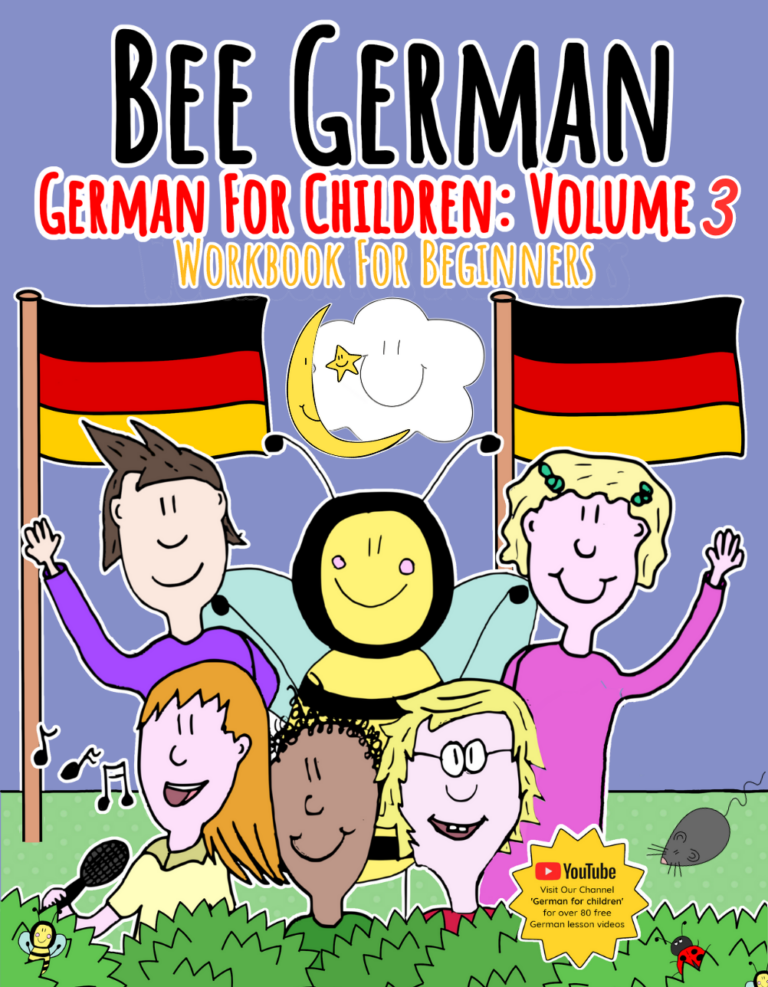Bilingualism and language learning is still an important and popular topic! This article describes recent research that has been done on the advantages of Irish-language education in schools. It was found that bilingual children had better literacy skills and could learn other foreign languages more easily. Yet, in order to have the most positive linguistic outcomes, children would need to practice and listen to the desired language every day.
Memories
Somehow this reminded me of a parent whose six-year-old son had not attended lessons for 8 or 9 weeks. He returned only about 2 weeks ago to continue his German language journey. Although most words, phrases and grammatical aspects had not been forgotten, he struggled with some concepts and vocabulary units we had talked about in previous lessons.
When his mother picked him up, I told her about his brilliant memory. I also mentioned that some already introduced aspects would need to be repeated. To my surprise, his mother looked disappointed. On that day she asked for a lot of homework for her son.
I found it very understandable that, after a considerable gap between lessons, children do forget, especially when they are not exposed to the language within that time frame. For this family, learning German was somewhat a necessity as they had decided to move to Berlin this coming summer for work-related reasons. Thus, I was not only teaching the child but also his parents and his fourteen-year-old sister.
Interestingly, the parents and their teenage daughter struggled less after the 2-month gap. Yet, I also was told that they had practiced their German almost daily.
As the 2-month gap had been unexpected, I hadn’t given the parents any instructions on how to continue teaching their child. So, what language learning exercises should you do with your young learner when you are going on your eagerly anticipated summer holiday?
Language learning: Some ideas for your trip!
– Watch the BeeGerman youtube videos on a regular basis!
– Ask your tutor for worksheets that are light and fun (word searches…)! I always enjoy creating a summer-German folder with lots of Games and worksheets that the children will find enjoyable. Worksheets like this are especially useful when you have to be in a car or sit on a plane for a long period of time.
The activities should not feel like ‘work’. I found this very important as the children want to enjoy their holiday too!
– Together with your child, create a vocabulary notebook (with or without drawings/pictures of the objects) or flashcards and take them with you on holiday. You could have short competitions and ask ‘Who can name the object/animals/job….first?, ‘ Who knows the word for ‘jacket’ in German?’ This is especially useful when you can speak the foreign language your child is learning.
– Bring German books with you, especially when your child is an advanced learner.
– You and your child could learn a new word on every day of the holiday.
Above all, I think it is important to allow your child to forget! Having patience is essential when your child is learning a new language. This is especially the case when it is only a recreational activity and a language that is not used or practiced at home.




